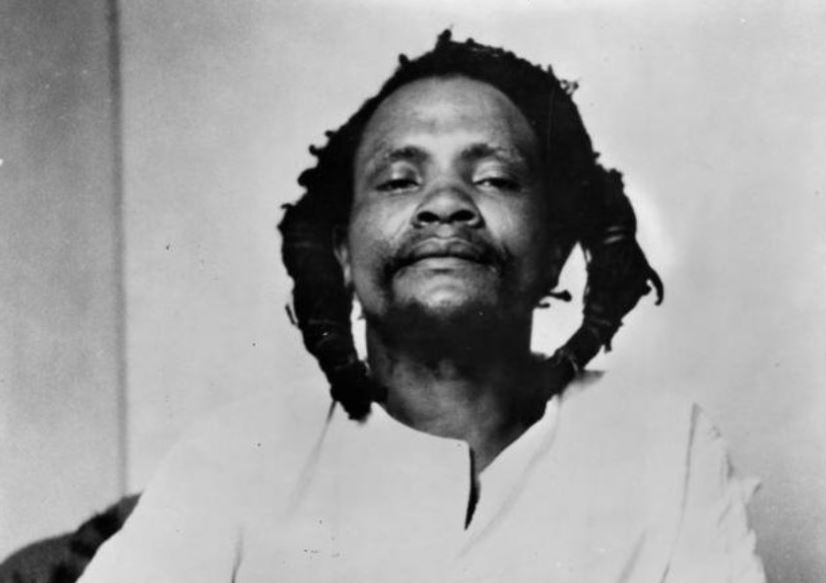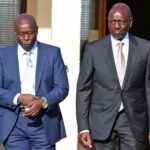
Colonial powers executed Kimathi in 1957. The National Museums of Kenya hopes to find Kimathi’s remains through a Scientific Workshop using Archaeological Geophysical Techniques to identify the grave site.
The workshop, titled “Unmarked Grave Search of Dedan Kimathi Utilizing Archaeological Geophysical Techniques,” was hosted at the Louise Leakey Auditorium on February 29th, 2024. This groundbreaking event aimed to utilize advanced geophysical methods to reveal the final resting place of Field Marshal Dedan Kimathi, one of Kenya’s most revered freedom fighters.
Participants delved into challenges experienced in locating Dedan Kimathi’s grave while providing solutions through technology.
The workshop highlighted some technologies, including osteology (the study of animal bones) and cartography (a graphical expression of the earth’s features through maps, charts, and globes).
Kimathi’s daughter, Evelyn Wanjugu Kimathi, expressed optimism about finding her father’s remains through the use of technology.
Speaking on Thursday at the National Museums of Kenya, Wanjugu stated that the search for the freedom fighter’s unmarked grave has been long overdue.
“We started the search over 25 years ago, we have been to Kamiti Prison so many times but all our efforts have reached a dead end,” she told the Star.
Wanjugu mentioned that the Kimathi family has privately collaborated with volunteers from various countries, including Argentina, Brazil, and the United States of America, but their efforts have yielded no results.
Conversation with King Charles III
She expressed hope that a conversation she had with King Charles III during his visit to Kenya in November last year would lead to the United Kingdom joining the efforts to locate Kimathi’s grave and remains.
Wanjugu voiced her frustration with the insufficient support from the monarch, despite Dedan Kimathi’s service to the British government.
“Since 1963 when Kenya got independence what has hindered the British monarchs from doing their part? What has made the government including the late queen of England not do the necessary for a person who fought for the British against the Germans from 1941 to 1945,” Wanjugu wondered.
She noted that King Charles III showed emotion in response to her request, and she anticipates that this emotion will translate into action by the British government.
Wanjugu remarked that despite the challenges, the family is optimistic, especially after the workshop organized by geologists. She believes that the process will be expedited, leading to a swift resolution.
“We have received support from Kenyans, especially Charles Osango, the family is indebted to him being the first Kenyan who showed interest in helping us with the search through archaeology,” Wanjugu said.









